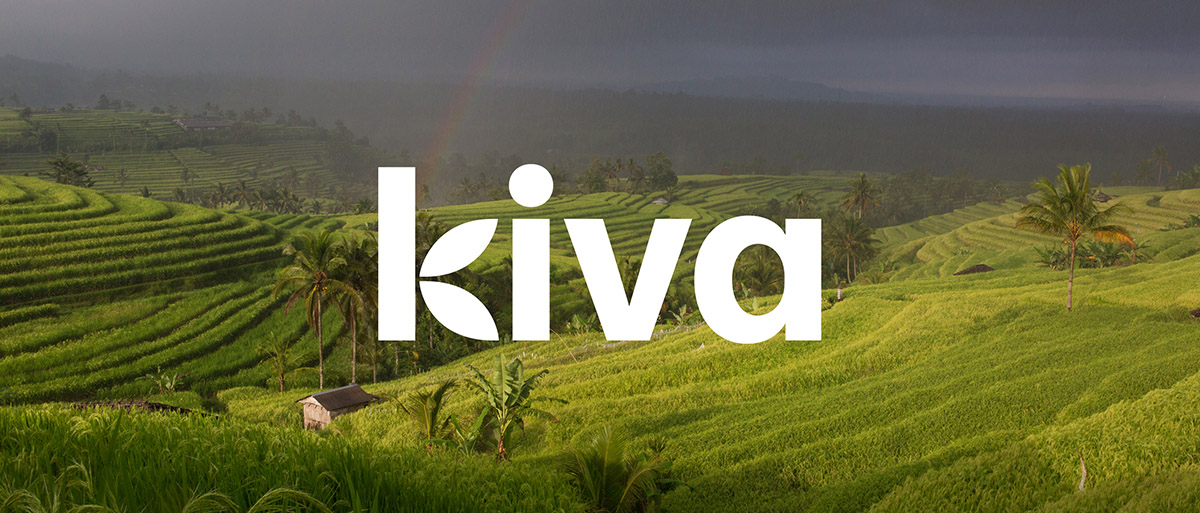Where Do Refugees Come From?

The war in Syria shows no signs of ending. People continue to flee, and refugees in neighbouring countries are now losing hope that they can return Inside Syria, the situation has continued to worsen, with fighting intensifying in all regions and the economy and services in a state of general collapse. This is driving yet more people to leave, but is also having a profound impact on those who have already escaped to neighbouring countries.
Who Are The Refugees?

It’s estimated that 50% of refugees are under the age of 18.
Developing countries host 85% of the world’s refugees.
What Can I do?
There is not enough international aid to help refugees in the region Normally, refugees might turn to aid agencies like UNHCR, which are running many programmes to help them survive. But the scale of the problem is so large, and it has been going on for so long, that donors are struggling to find the money to pay for these schemes. When the numbers of Syrian refugees arriving in Europe surged last month, UNHCR began to receive new donor pledges to increase aid in neighbouring countries. Even so, this year’s international appeal for Syrian refugees is just over half funded. Recently, World Food Programme vouchers were cut for thousands of refugees, forcing many into “negative coping strategies”, including begging and child labour. More than 1.7 billion people around the world are unbanked and can’t access the financial services they need. Kiva is an international nonprofit, founded in 2005 in San Francisco, with a mission to expand financial access to help underserved communities thrive. We do this by crowdfunding loans and unlocking capital for the underserved, improving the quality and cost of financial services, and addressing the underlying barriers to financial access around the world. Through Kiva's work, students can pay for tuition, women can start businesses, farmers are able to invest in equipment and families can afford needed emergency care.
